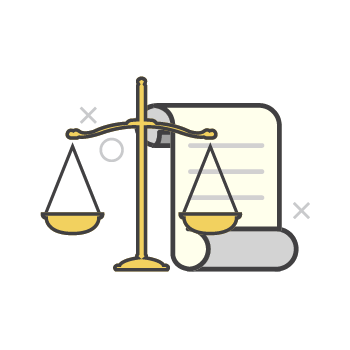Poor Money Habits That Might Be Draining Your Finances
by Carolyn Lee Apr 1, 2024

When it comes to financial success, it helps to decide what is essential and create a solid foundation based on personal and family goals. A long-term strategy, financial goals, careful planning, discipline, and an understanding of money management are crucial to economic growth. Conversely, poor money habits can deplete bank accounts and negatively impact financial stability and success.
Five poor money habits that you should avoid.
Refusing to seek financial advice
Investment decisions, debt management, and taxes can be complex financial issues that many of us need help understanding better. A financial advisor can develop a plan to achieve your goals, identify potential risks, or provide clarity on complex financial matters. Another advantage of an advisor is that you avoid missing beneficial financial opportunities or making expensive mistakes.
Tip: Most financial houses have professionals who can help with financial literacy.
Impulse shopping
An impulse buy typically involves making unplanned purchases that may result in spending money on items you didn’t budget for, which might be more than you can afford. In-store or online flash sales, picking up last-minute items at the checkout line, discount purchases, and other unplanned spending can drain your savings.
Tip: Stick to your budget and consider what you need (shelter, food, school fees, etc.) versus want (something you like but can do without). You can also use shopping lists, set savings goals, and pay with cash to limit impulse buying.
Eating out regularly
A busy lifestyle can make eating out or ordering take-out appealing. However, frequently buying lunch, having café work dates, and dining out for dinner can be costly. Even if you’ve budgeted for the coffee shop, street food, or fast-food meal purchases, your finances can become negatively impacted.
Tip: Look for easy-to-make recipes and meal prep on the weekends so you spend less time in the kitchen during the week.
Failing to budget
Creating a budget can help you to allocate money wisely, track spending habits, save, and plan for miscellaneous expenses. You must stick to your budget to prevent overspending, sabotaging your financial goals, or wondering where your money went. Successfully managing your budget can help reduce the likelihood of debt accumulation and financial instability.
Tip: Get professional help (financial advisor) with budgeting or find free customisable templates online.
Not having an emergency fund.
An emergency fund can help with financial challenges related to accidents, job loss, eviction and other emergencies. This fund can also prevent you from incurring debt and allows you to manage financial responsibilities for a few months. Ensure you have a financial goal attached to the fund and avoid using money from it unless there is a crisis.
Tip: Some financial institutions have advisors to guide you when starting an emergency fund. You can also create a fund by saving three to six months of living expenses.
We hope these tips help and you’ve identified a few habits you can eliminate. Use Find Yello to find financial advisors, banks, financial institutions, and related businesses.
Sources: Zions Bank, Nasdaq, Well Money, and Capital One.








